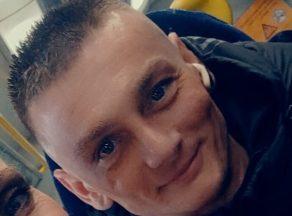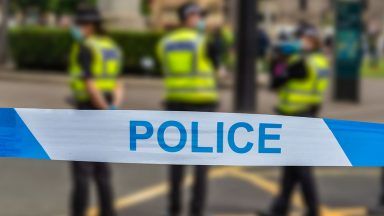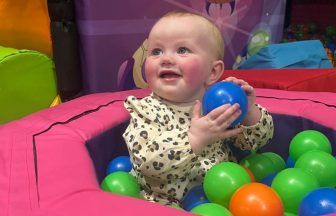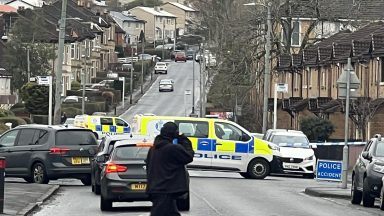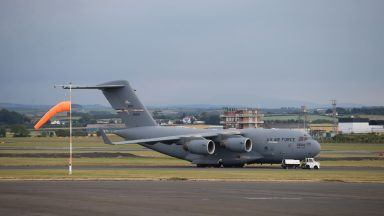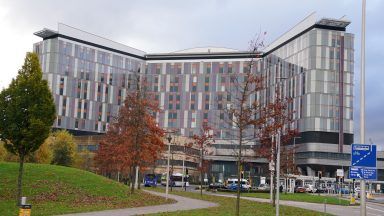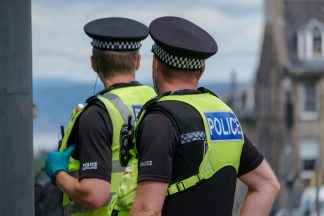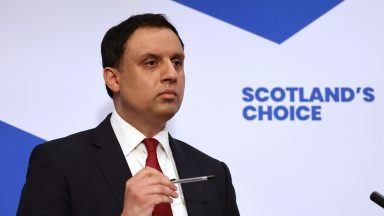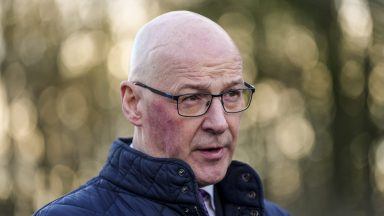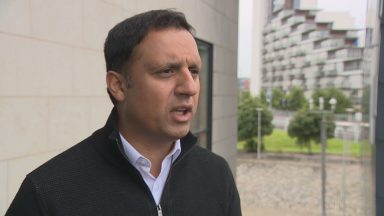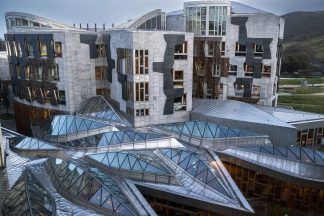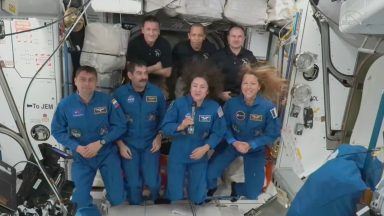From May 28, the Scottish Government has indicated it will begin to slowly ease the Covid-19 lockdown.
That doesn’t mean things immediately change next Thursday – it might take a few days before certain measures are lifted.
Scottish ministers have published a new paper outlining a four-phase plan to gradually bring back “a semblance of normality” to our lives, as Nicola Sturgeon put it.
In its foreword, the First Minister wrote: “This document sets out the steps that will take us there.
“It doesn’t have all the answers and it doesn’t set exact timescales. That’s because we are still learning about the virus.
“We will have to move carefully and gradually to ensure we keep it under
control and develop the best ways of doing so.”
Coronavirus restrictions are reviewed every three weeks, and any changes will be closely monitored – meaning if the rate of the virus’ transmission increases, measures could quickly be reimposed again.
On the other hand, according to Sturgeon: “It may also be that we are able to ease restrictions faster than we initially thought that we could.”
Phase one
We are now preparing to move to phase one at the end of May – but that’s only because the reproduction rate, or R number, is below one, and hospital admissions, deaths and new cases are all falling.
Provided this progress continues, from the end of next week, some restrictions will be eased.
Meeting friends and family
- You can meet members of another household outdoors, for example, in a garden or park – but you must keep physically distanced from them, with at least two metres between you.
- You can only meet people from another household one household at a time.
Sports and recreation
- You may sit outside in public spaces, to sunbathe or eat lunch or whatever else, provided you only meet with people from your household or one other household.
- You can take part in non-contact outdoor sport or activities, like golf, tennis, bowls, fishing, canoeing, outdoor swimming and so on. But observe social distancing and hygiene guidance at all times.
Schools
- Teachers and other staff will be permitted to return to schools in June to prepare classrooms for next term.
- An increased number will be able to access childcare provision, like key workers and disadvantaged families, with childminding services reopening along with fully outdoor nursing provision.
- There will also be some teacher support “where possible” for pupils transitioning into P1 or from P7 to S1.
Getting around
- You may travel a short distance, on foot, by bike or by car, for recreational purposes but should stick to your local area.
Outdoor businesses
- Construction sites will be allowed to resume work.
- Garden centres and plant nurseries will be permitted to reopen, although not accompanying cafes (unless for takeaway).
- Drive-through food and drink outlets will also be able to gradually reopen, as will waste recycling centres and court and tribunal buildings.
- Preparations to safely reopen the housing market will begin.
In addition, businesses that are allowed to reopen in phase two – provided they observe social distancing and hygiene measures – can begin preparing for the return of staff. More on that next…
Phase two
To continue moving through the phases, the government will need to be satisfied it is meeting six criteria outlined by the World Health Organisation.
These include having a sufficient system of test, trace and isolate (TTI) in place, minimising the risk of outbreaks in care homes and ensuring workplaces are safe to return to through measures like social distancing, hygiene controls and even thermal monitoring.
Provided that all happens, what comes next in the second phase?
Seeing friends and family indoors
- You will be able to see people from one other household in an indoor setting, while maintaining physical distancing.
- You would also be allowed to meet in larger groups of households outside to see friends and family – again, with two-metre distancing in place.
Beer gardens
- Pubs and restaurants with outdoor spaces can begin reopening these spaces to the public with “physical distancing and increased hygiene routines”.
- Outdoor markets could also be reopened, with social distancing, hygiene measures and controls on numbers in place.
Public transport
- It is intended that public transport be offering increased services by this stage, although peak-time travel will still be discouraged.
Indoor non-office work
- Indoor-based work such as in factories, warehouses or lab and research facilities will be allowed to resume.
- Previously closed small retail shops will be permitted to open again, with the usual caveats about distancing and hygiene in effect.
- There should also be a relaxation on restrictions around house moves.
Professional sport
- Professional sport should be allowed to resume at this stage in line with official public health advice.
- In addition, playgrounds and sport courts will also be allowed to reopen.
Places of worship
- Limited numbers would be allowed to reenter churches, mosques and synagogues for “private prayer”.
- Marriages, civil partnerships and other ceremonies would be again allowed to take place, with a limit on attendees.
Phase three
By this stage, things should “begin to feel closer to normal”, the government says.
Larger parties
- You will be able to meet with multiple households, indoors or outdoors, while still observing distancing and hygiene measures.
Driving
- You will be allowed to drive outside your local area for leisure and exercise.
- Public transport, meanwhile, should be back to running full services, although social distancing measures will continue to limit numbers.
Schools
- Scottish school pupils will return to school on August 11 for the new term, but on a part-time basis.
- They will attend school in blocks to allow for deep cleaning between groups, making up the other half of their learning at home.
- Students at colleges and university will also return in a similarly phased way, also with a model of blended learning.
Pubs, restaurants and hairdressers
- Pubs and restaurants can reopen their indoor spaces, along with larger shops that are currently closed.
- Hairdressers and other specialist personal retail will also reopen.
Cinemas, libraries and gyms
- Museums, galleries, cinemas and libraries can reopen, subject to the usual caveats.
- So too can gyms and other indoor sport and leisure facilities.
- Live events with restricted numbers and social distancing will be permitted.
- Restrictions on hotels, B&Bs and holiday homes can also be lifted.
Working
- Indoor office work can restart, provided social distancing and hygiene measures have been established in the workplace.
- Flexible working will be encouraged such as staggered start times for staff to keep numbers on the roads and on public transport manageable.
Dentists and opticians
- By stage three, all dental practices should be able to see patients again (with some services beginning to reopen during stage two).
- All community optometry will reopen with the usual social distancing safeguards in place.
Phase four
At this point, a move to phase four would mean Covid-19 had been suppressed to “very low levels” in Scotland, possibly with a vaccine or some kind of treatment in place.
The country would be open again, with restrictions on seeing family and friends, on travelling, on shopping and on going out all likely to be eased further.
That said, “the continued importance of hygiene and public health will be emphasised”, the paper states.
Working
- Despite it being phase four, working from home will still be encouraged where possible.
- All types of workplaces would be open, but businesses should maintain flexible working patterns if they can.
Education
- Schools and childcare providers will be operating with any necessary precautions in place.
- College and university campuses along with key student services would be fully reopened, with precautions in place.
Live events and mass gatherings
- Restrictions on live events like concerts or live sport could be further relaxed, with mass gatherings allowed to resume in line with public health guidance.
- All religious services and ceremonies, such as weddings or funerals, could now take place along with any necessary precautions.





